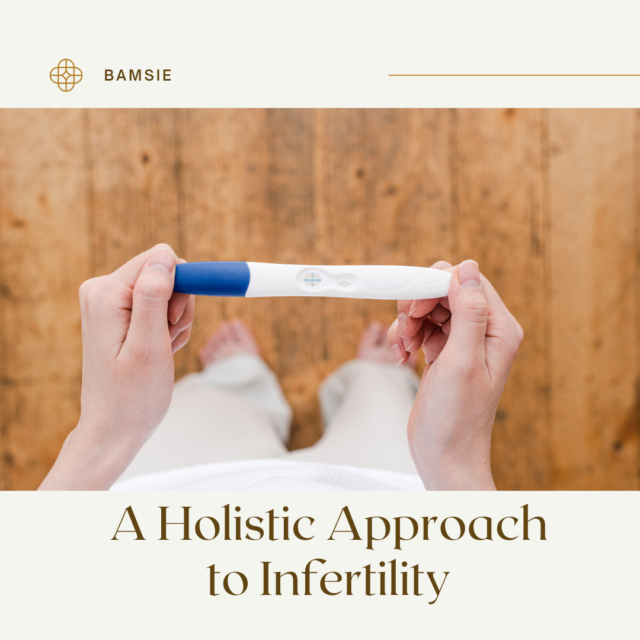Irrespective of the ailment, infertility shame can affect a relationship. A woman may worry that her partner will leave her if she has trouble conceiving. Couples may need to engage in counseling together, which can be helpful in alleviating infertility stress. Some women may have to have sex when they do not feel like it, or they might feel that sex is not necessary to create a baby.
The FPI adopts a holistic approach to infertility. It considers the social, marital, and sexual domains. This includes issues regarding the importance of parenthood, as well as the difficulty of living without children. These constructs have been shown to be structurally independent and related to infertility stress. Therefore, they are a powerful tool for identifying and managing infertility stress.
The FPI also considers the emotional, marital, and sexual domains in the assessment of infertility. It incorporates the important of parenthood and the difficulty of accepting life without children. This model has been shown to be structurally independent and highly predictive of infertility stress. Further, the FPI recognizes that the emergence of early signs of psychiatric morbidity may protect against the worsening of mental health over time.
The FPI is an extensive questionnaire that measures the different dimensions of a woman’s life. Among the many components, the Fertility Problem Inventory identifies social, marital, and sexual aspects of a woman’s life. It also assesses how important parenthood is for a woman’s life. The Fertility Problem Inventory was developed to test two alternative models of infertility stress and evaluated their reliability. The study recruited 209 infertile couples from two public hospital assisted reproduction departments. The researchers used the ENRICH Marital Inventory, the Brief Symptom Inventory, and the Fertility Problem Index.
The first step in assessing infertility is to identify the level of psychological distress. The FPI reflects varying levels of distress and affects two different aspects of a woman’s life: the area of daily functioning affected by infertility and the construction of the meaning of parenthood. The infertility stress scale is divided into two domains – the first domain focuses on how infertility impacts the individual’s relationships with others, and the second domain focuses on the construction of the concept of parenting.
Infertile women experience emotional trajectories, beginning with the decision to have a child. The resulting stressors vary for each couple, but in most cases the couple’s life experiences some level of mental distress. The literature indicates that infertility is a normal part of a woman’s life. However, it can have a profound impact on a woman’s social, financial, and occupational well-being.
There are several psychological factors that are associated with infertility. These factors are the same in men and women. Although the cause of infertility is not fully understood, it is common for both partners to undergo a stressful process. One person may feel depressed or unable to conceive because of the infertility. Another partner may feel lonely, or even irritable. The infertility process will impact their relationship with their partner and other members of the extended family.










